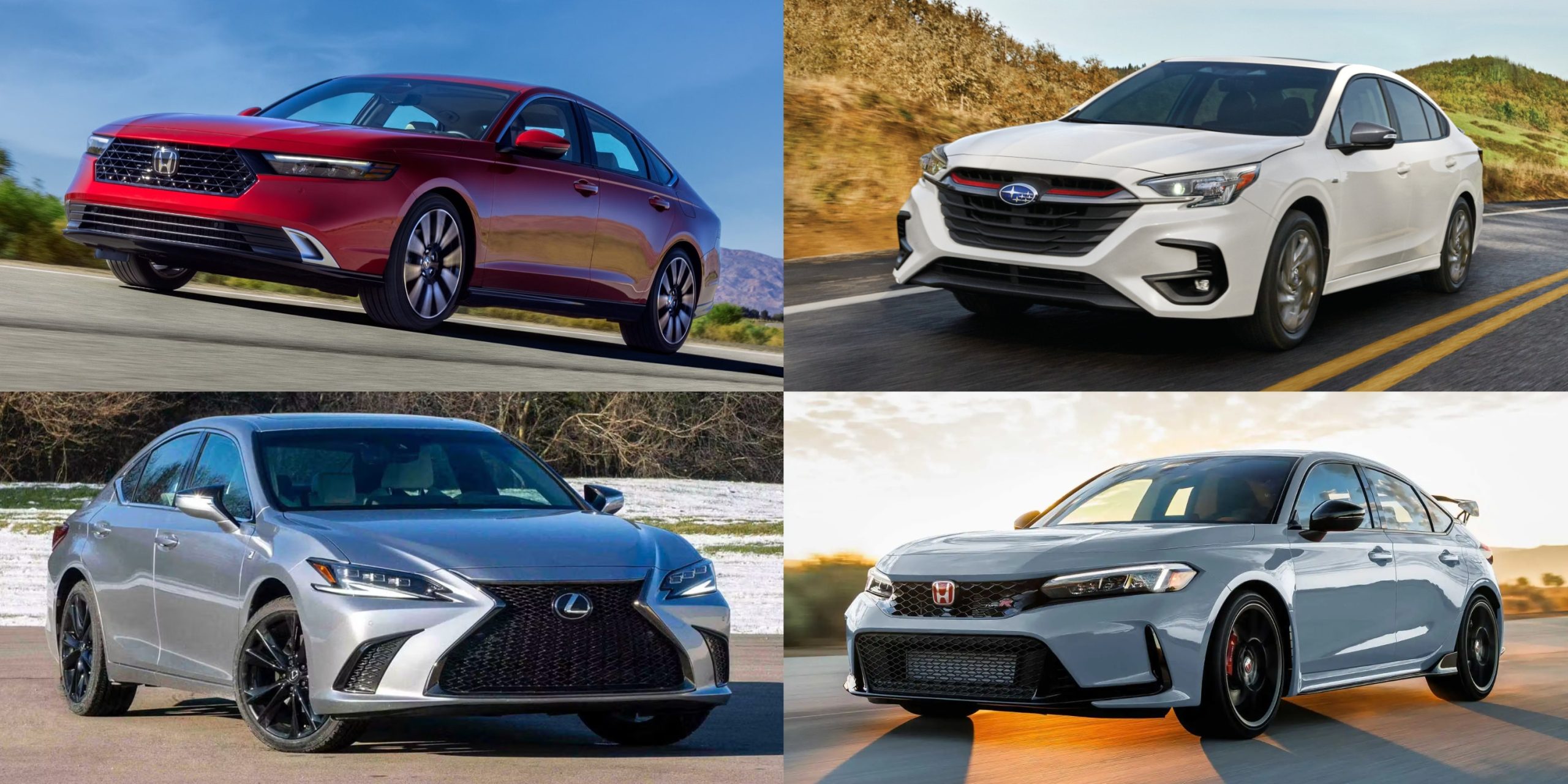The moment you drive a new car off the dealership lot, its value starts to drop. It’s a well-known fact that cars are depreciating assets, but not all of them shed their worth at the same pace. Some vehicles cling tightly to their value for years, commanding impressive resale prices and maintaining desirability across multiple ownerships.
Others, however, nosedive in value within the first year, leaving owners with a glaring gap between what they paid and what their vehicle is worth on the market.
Whether you’re a savvy investor, a budget-conscious buyer, or someone simply looking to make a smart automotive decision, understanding which cars hold their value and which don’t can make a significant difference in your financial outlook.
Car depreciation is influenced by several factors — brand reputation, reliability, demand, cost of ownership, and even design trends. For example, a rugged SUV with legendary durability might lose only a small fraction of its value after five years, while a luxury sedan with high maintenance costs might plummet the moment it’s registered.
It’s not just about how much a car costs upfront — it’s about how well it retains that cost over time. If you’re financing a car or planning to sell or trade it within a few years, depreciation should be part of your buying decision.
In this article, we’ll explore ten vehicles: five that are known for holding their value extremely well, and five that are infamous for quick depreciation.
These aren’t just opinions — the rankings are based on resale value statistics, real-world market trends, and data from trusted automotive sources. Let’s take a look at the winners and losers of the depreciation game so you can make a smarter decision for your garage and your wallet.
Also Read: 10 Cars Still Running After a Million Miles That Prove Maintenance Matters
Cars That Hold Their Value
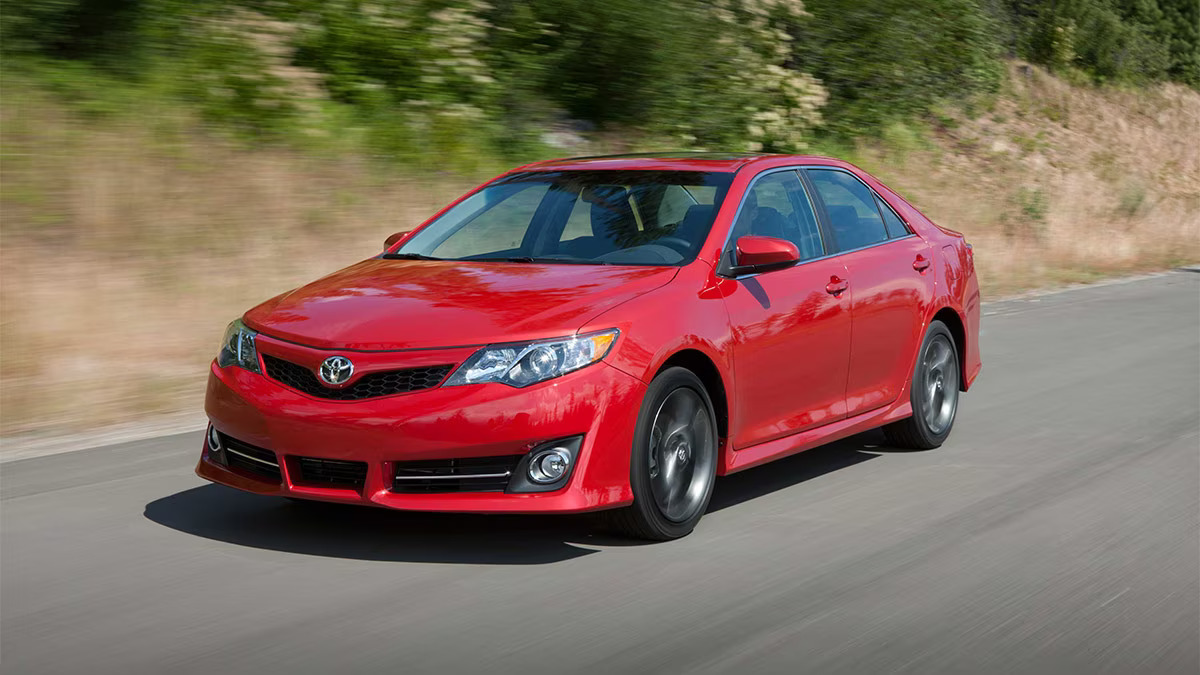
1. Toyota Camry
The Toyota Camry has long been a staple in the sedan world, and for good reason. It’s known for its reliability, comfort, and fuel efficiency. These traits not only make it a favorite among commuters and families but also contribute significantly to its strong resale value. A well-maintained Camry can command a high price on the used car market, even several years after purchase.
One of the major reasons the Camry holds its value so well is Toyota’s reputation for longevity. Buyers know they’re getting a car that can easily last 200,000 miles or more with regular maintenance.
This durability means there’s always demand in the secondhand market, keeping resale values high. Additionally, the Camry’s widespread availability of parts and lower repair costs make it a safer bet for buyers and sellers alike.
The Camry’s consistent redesigns and updates also play a part. Rather than overhauling the model radically, Toyota gradually improves technology, safety features, and performance while retaining the core elements that make the Camry appealing. These incremental upgrades ensure that even slightly older models still feel modern and relevant.
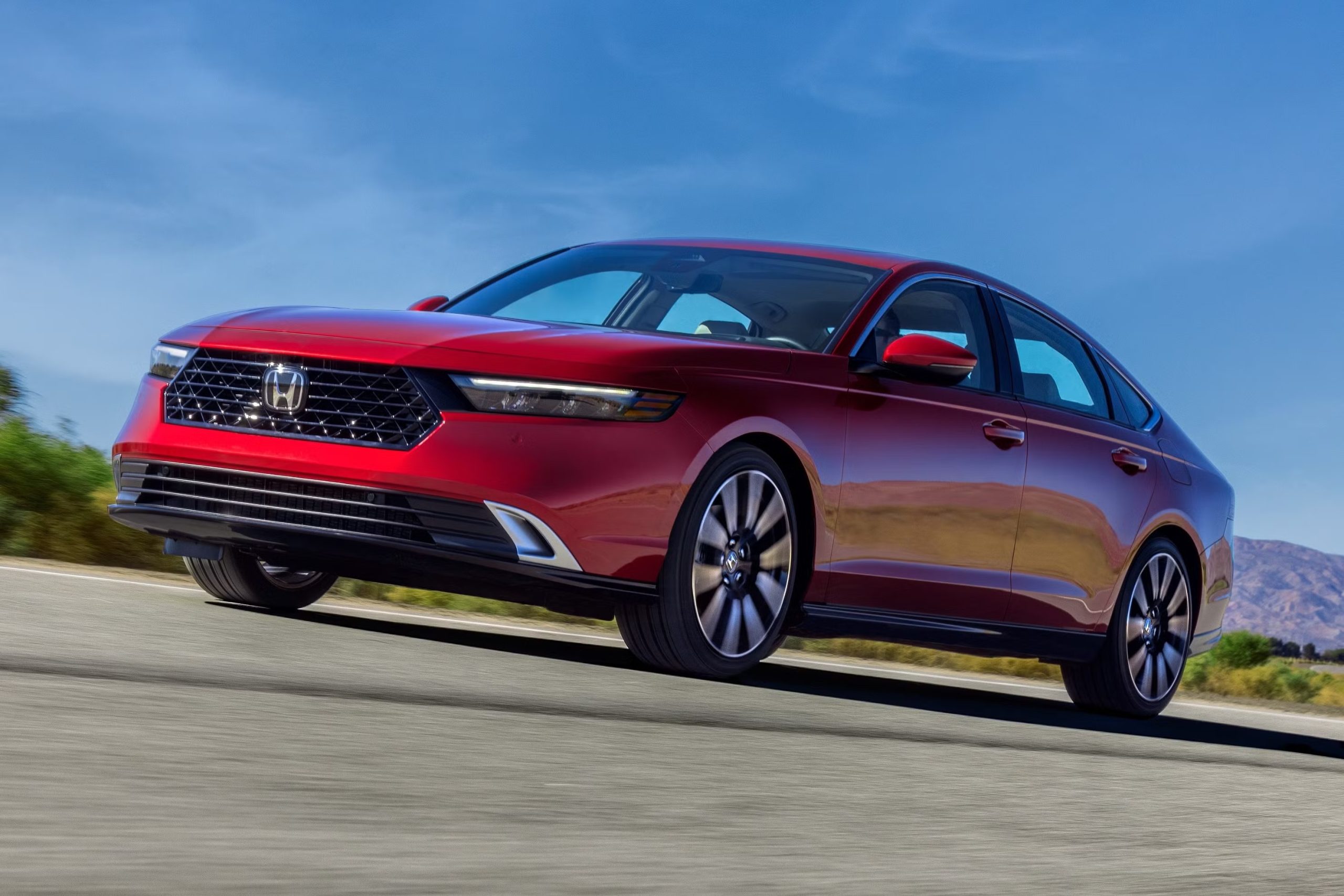
2. Honda Accord
The Honda Accord is another iconic sedan that has stood the test of time. Known for its blend of performance, efficiency, and practicality, the Accord maintains strong resale values year after year. Like the Camry, its long-term reliability is a key factor in its strong value retention.
Honda builds the Accord with high-quality materials and engineering precision. As a result, owners experience fewer mechanical issues over time, which helps maintain the car’s value. It’s also worth noting that the Accord appeals to a broad demographic—from young professionals to retirees—which creates a large and consistent market for used models.
Safety ratings and fuel efficiency also play into the Accord’s resale strength. With high marks from IIHS and NHTSA and competitive fuel economy, it’s a sedan that appeals to budget-conscious, safety-minded consumers. These factors combined mean you’ll likely get a better return on investment when selling or trading in a Honda Accord.
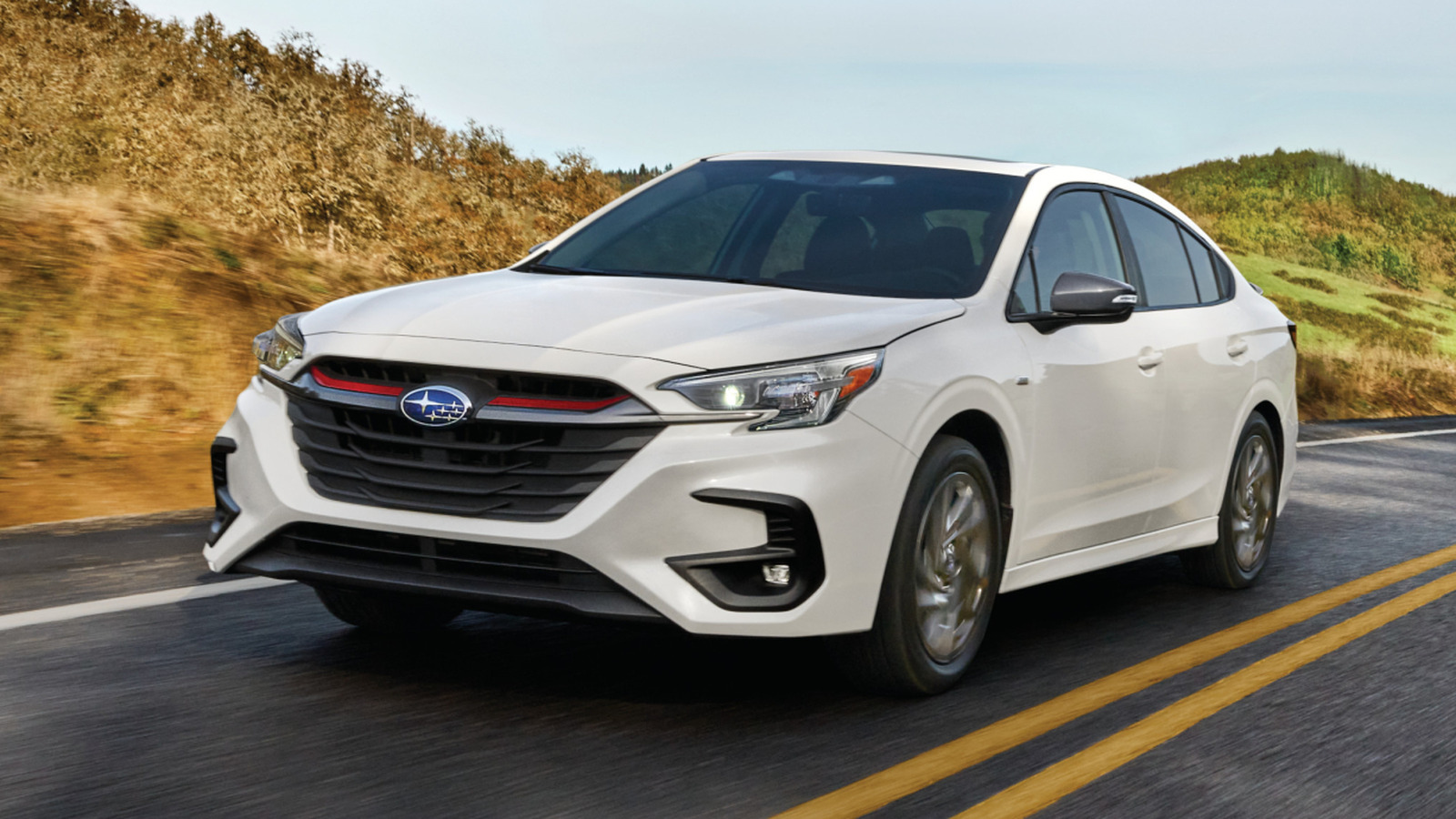
3. Subaru Legacy
The Subaru Legacy doesn’t always get the spotlight like the Accord or Camry, but it’s quietly one of the most value-retaining sedans on the market. One standout feature is its standard all-wheel drive, which is rare in the sedan class and highly desirable in regions with harsh weather conditions.
Subaru has cultivated a reputation for durability and safety, both of which help boost resale value. The Legacy, in particular, is often praised for its excellent crash test ratings and long-lasting drivetrain. These features make it a preferred choice for families and outdoor enthusiasts alike.
Another factor is the loyalty of Subaru drivers. People who buy Subarus often stick with the brand, and many prefer to buy used to save money. This strong resale ecosystem keeps prices high on the used market, making the Legacy a smart buy for those thinking long-term.
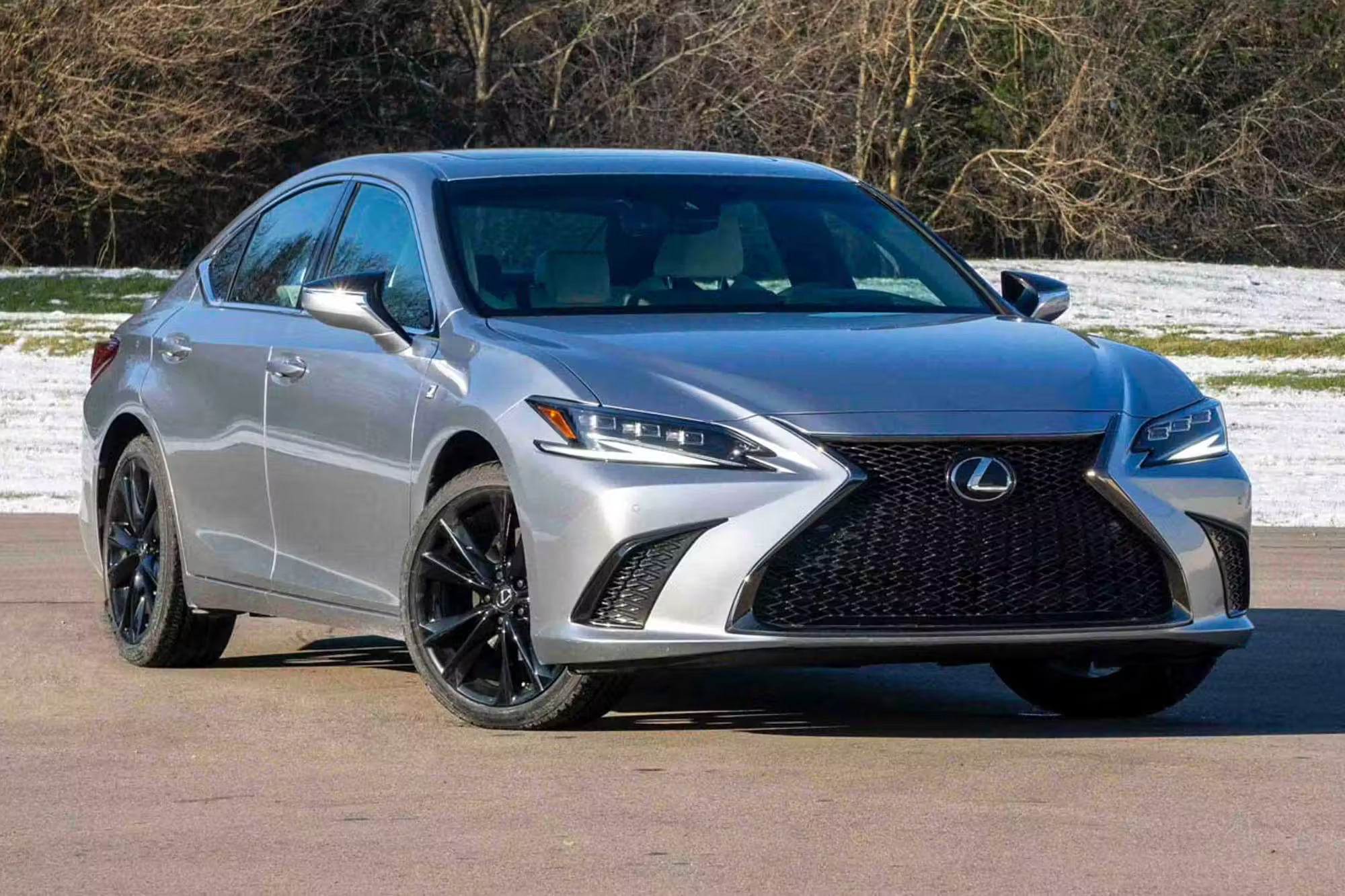
4. Lexus ES
Luxury sedans typically don’t retain value as well as mainstream brands, but the Lexus ES breaks that mold. It blends the premium feel of a luxury vehicle with Toyota’s legendary reliability, making it a standout in both new and used markets.
The ES offers a smooth, quiet ride with a refined interior that rivals European competitors. However, where it truly excels is in long-term dependability. Unlike many luxury cars that can become costly to maintain as they age, the Lexus ES remains relatively affordable to service, which keeps demand high in the secondhand market.
Another contributing factor is its conservative styling and consistent performance. The ES doesn’t try to be flashy or ultra-sporty; instead, it appeals to a mature audience looking for luxury without the risk of breakdowns. This formula has worked well, ensuring strong resale value compared to its peers.
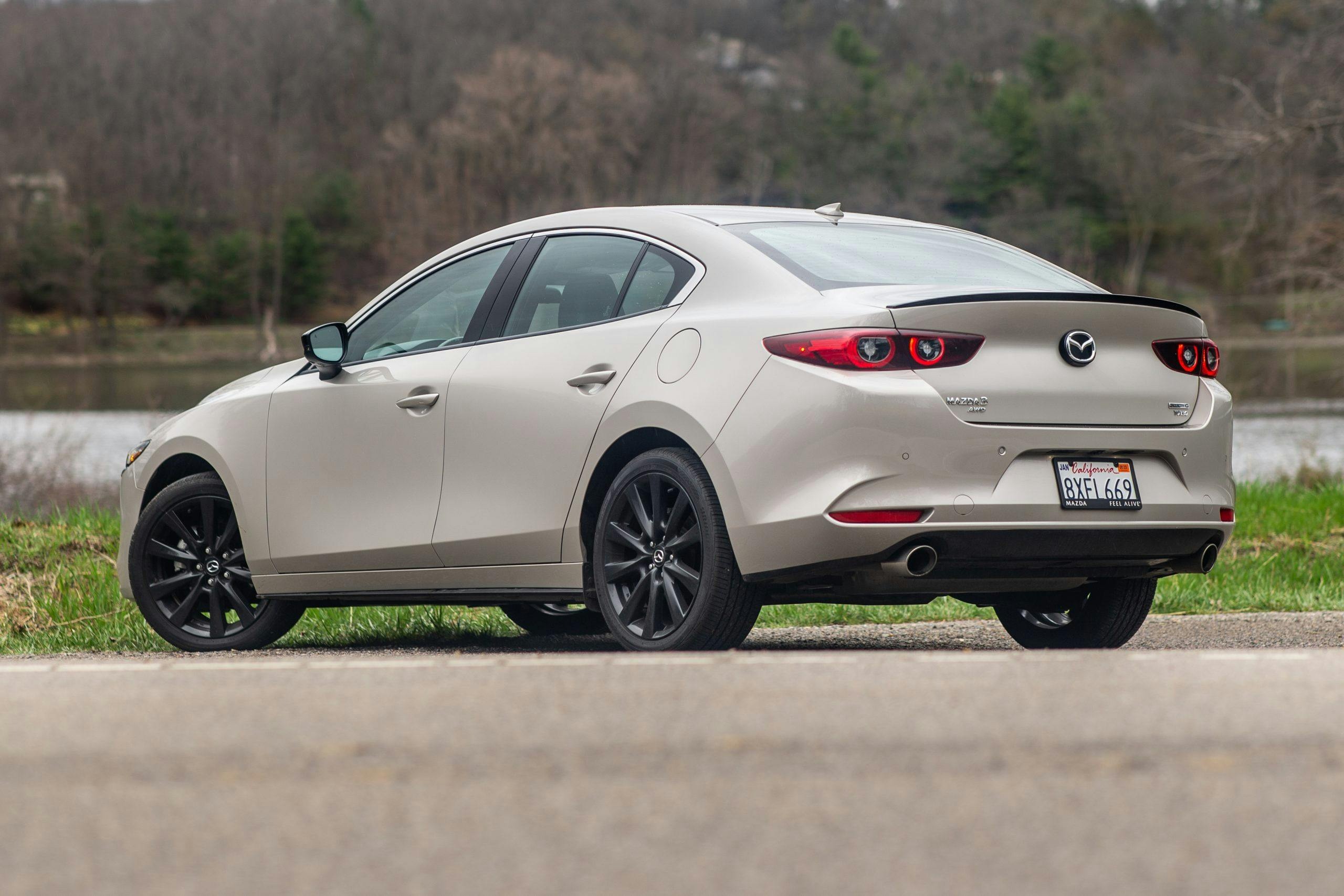
5. Mazda 3 Sedan
The Mazda 3 is often overlooked, but it consistently punches above its weight class in terms of value retention. Stylish, fun to drive, and surprisingly premium inside, the Mazda 3 appeals to both younger drivers and seasoned commuters looking for a bit more flair in their daily drive.
One reason the Mazda 3 holds value well is its perception as a semi-premium vehicle. Mazda has positioned itself as an affordable yet upscale alternative to brands like Honda and Toyota, and the Mazda 3 embodies that philosophy. Its high-quality interior, sharp design, and nimble handling give it broad appeal.
In addition to looks and driving dynamics, the Mazda 3 is fuel-efficient and reliable. These practical benefits mean that even as a used vehicle, it remains in high demand. Low operating costs and solid performance metrics only further help maintain its resale value.
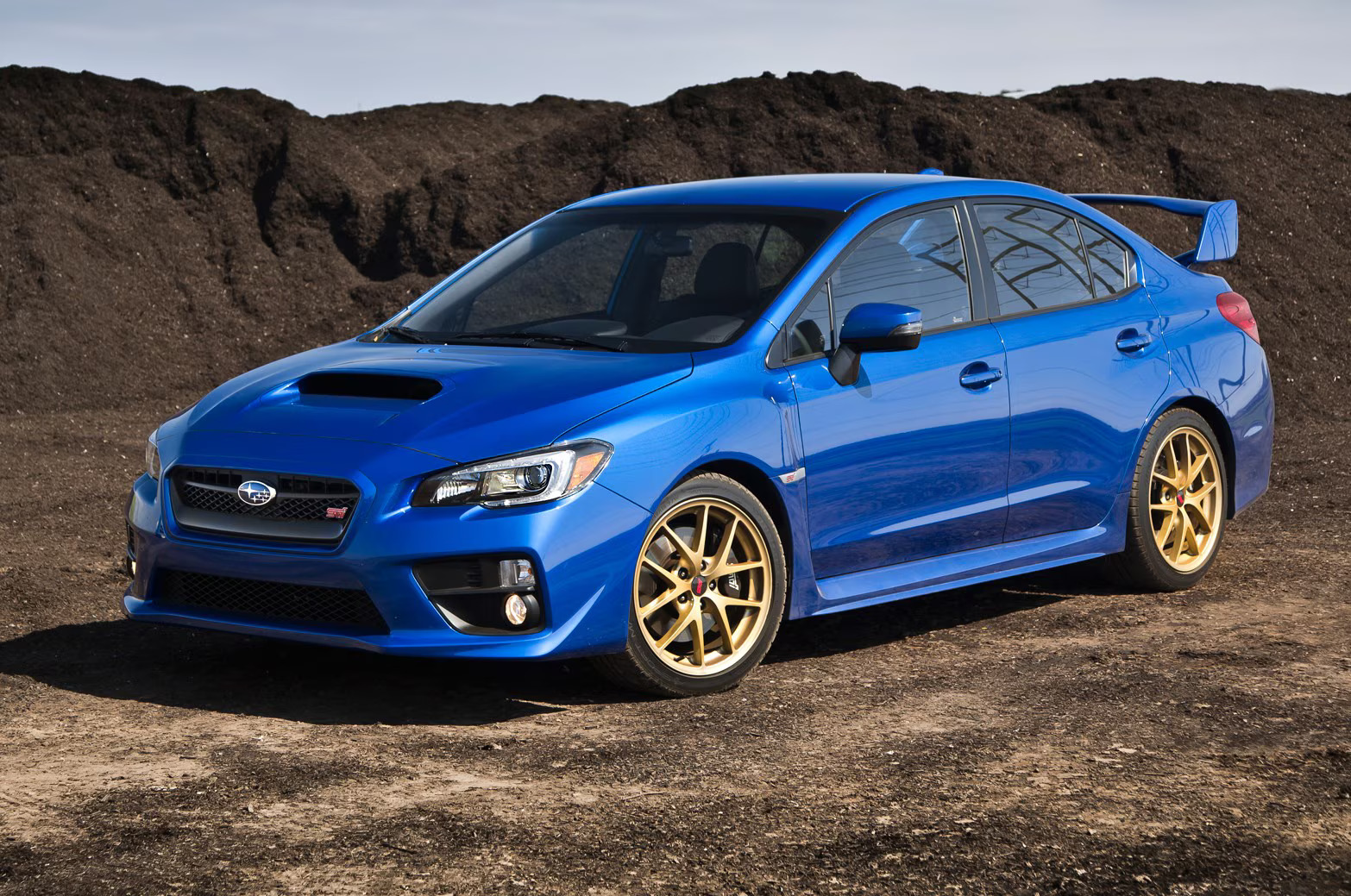
6. Subaru WRX
The Subaru WRX is a compact sports sedan that has garnered a dedicated following thanks to its performance, all-wheel-drive capabilities, and distinct personality. Known for its rally heritage, the WRX is not only a fun car to drive but also a vehicle that retains its value remarkably well.
This is partly because the WRX is a relatively niche model, appealing to driving enthusiasts and those who need a car that can handle all types of weather and terrain.
Subaru’s reputation for producing reliable and durable vehicles adds to the WRX’s value retention. While many sports cars lose their appeal and value quickly, the WRX holds steady due to its blend of performance, practicality, and all-weather capability.
Moreover, the WRX’s unique design and loyal fan base help it maintain demand in the used car market. After five years, it retains a significant portion of its original value, particularly because it stands out from more traditional sedans or hatchbacks.
Another factor that helps the WRX hold its value is its relatively low running costs compared to other performance cars. With a turbocharged engine that delivers strong performance without exorbitant fuel consumption or high maintenance costs, the WRX remains attractive to buyers looking for a fun yet practical vehicle. Its strong resale value is a testament to its lasting appeal.
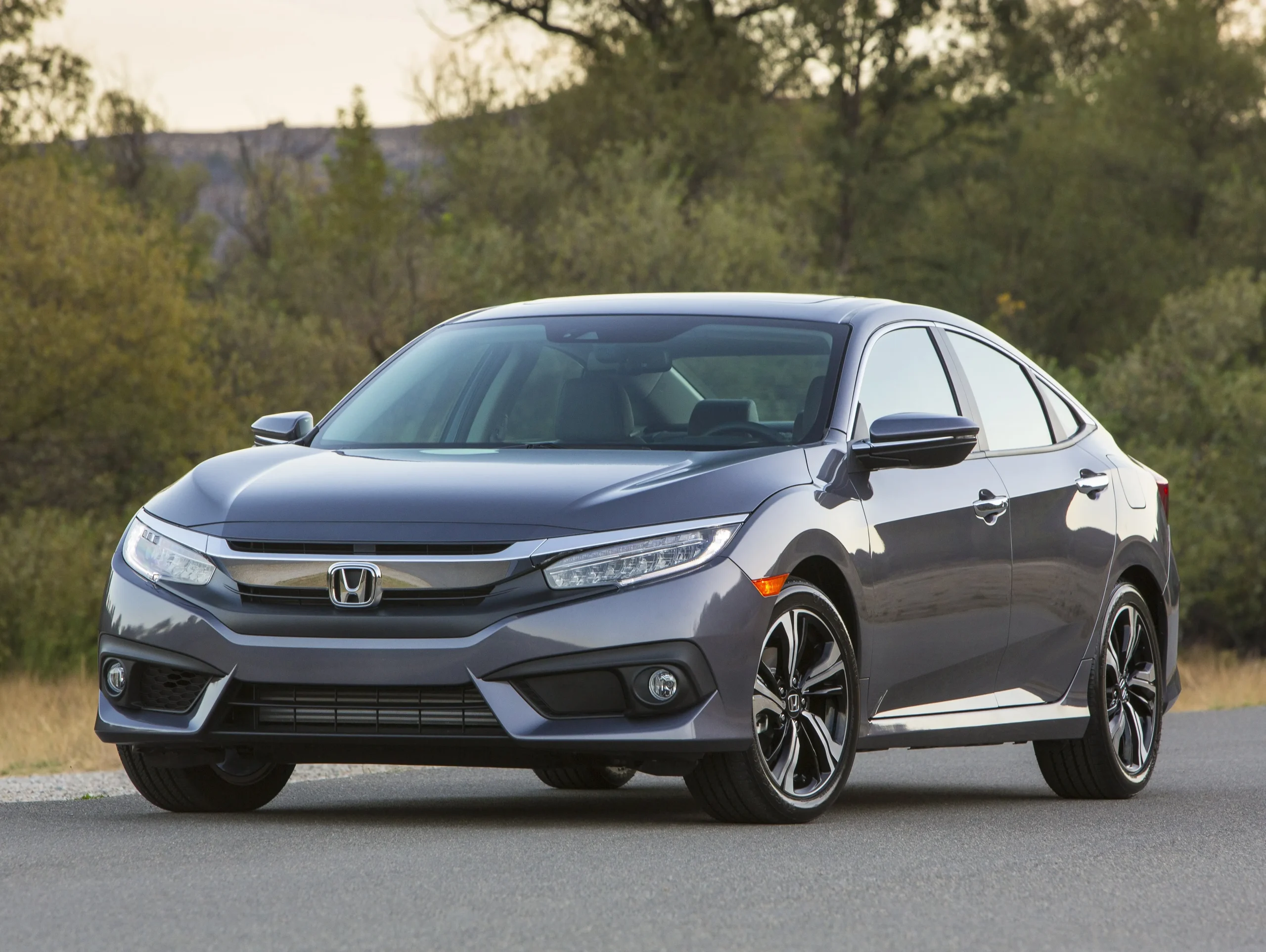
7. Honda Civic
The Honda Civic has long been known for its reliability, fuel efficiency, and practicality, all of which contribute to its impressive resale value. As one of the most popular compact cars in the world, the Civic is a vehicle that consistently performs well in terms of value retention.
It’s also a car that appeals to a broad range of buyers—from first-time drivers to families and commuters—which helps maintain its desirability in the used car market.
The Civic’s strong reputation for reliability and low-cost maintenance ensures that it stays in demand long after it’s driven off the lot. It’s a car that holds up well over time, with many owners getting high mileage without experiencing significant mechanical issues.
This reliability, combined with its timeless design and fuel-efficient engines, makes it an attractive option for used car buyers. As a result, the Civic retains much of its value after five years, making it a smart choice for those looking for long-term value.
Moreover, the Civic’s wide range of trims, including sportier versions like the Civic Si and Type R, adds to its appeal in the secondhand market.
These models often retain their value even better than the base model, as buyers are willing to pay a premium for higher-performance versions. The Honda Civic is an excellent investment for those who want a reliable, economical car that maintains its worth.
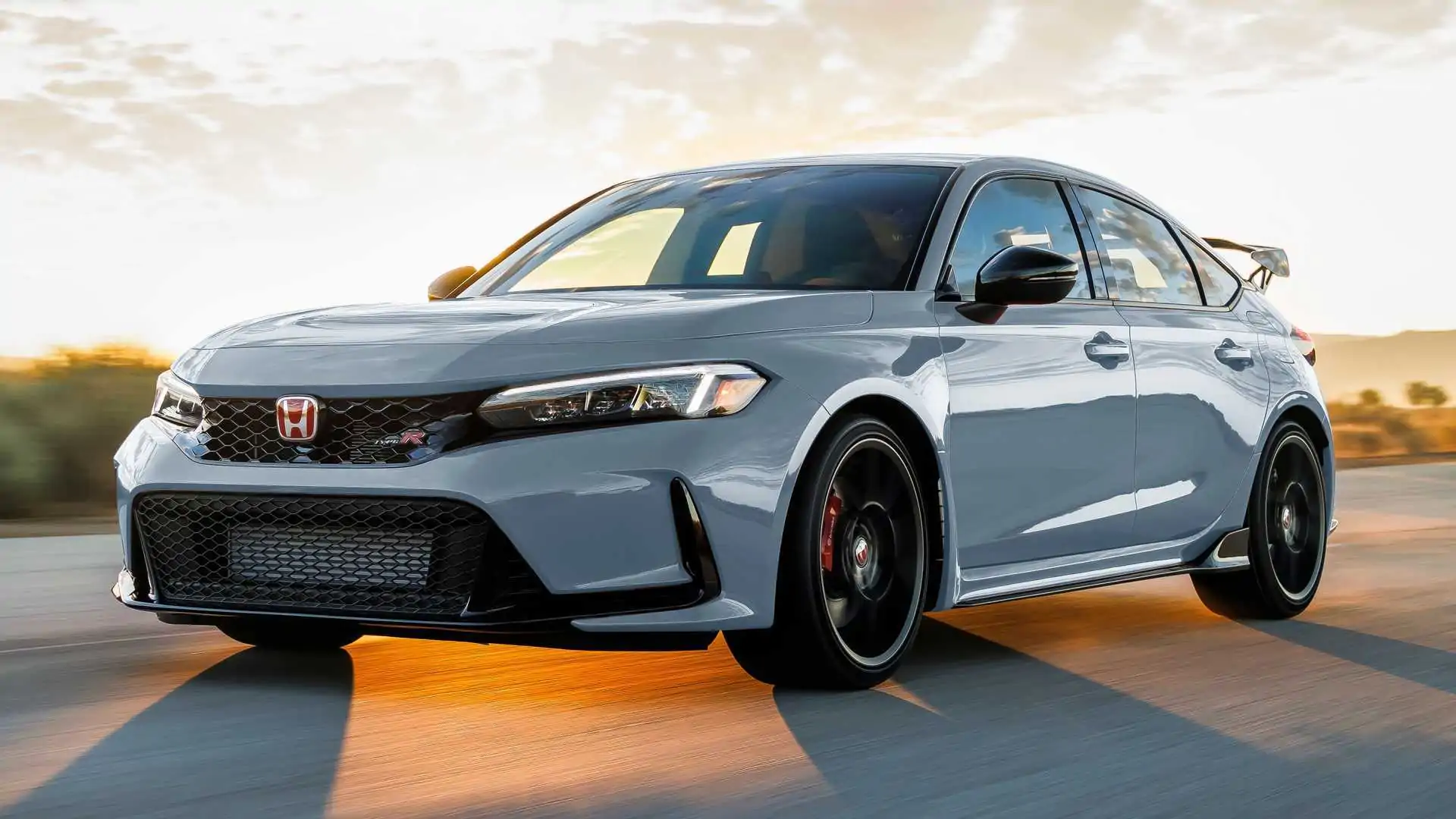
8. Honda Civic
The Honda Civic has long been a benchmark for compact cars, and it’s also a standout when it comes to value retention. Despite being one of the most affordable vehicles on the market, the Civic often retains more than 60% of its value over five years, outshining even some midsize and luxury cars.
Its winning formula includes fuel efficiency, bulletproof reliability, and a reputation for low-cost ownership, making it a perennial favorite among budget-conscious consumers and first-time buyers alike.
One major reason for the Civic’s impressive resale value is Honda’s engineering consistency. The Civic is a global car sold in massive numbers, yet Honda manages to deliver quality and dependability at scale. Whether you’re buying a base LX sedan or a sporty Civic Si or Type R, you’re getting a car that’s built to last.
Buyers know this, and it keeps demand high on the used market. Even older Civics with higher mileage can fetch strong prices, provided they’ve been well maintained.
The Civic also benefits from versatility and widespread appeal. It’s efficient enough for commuters, fun enough for enthusiasts, and affordable enough for students.
Over the years, it’s built a loyal fanbase across multiple generations, and it rarely suffers from major mechanical issues. Add in affordable parts, strong resale support from dealerships, and widespread brand trust, and you’ve got a compact car that continues to defy expectations, both on the road and in the resale market.
Cars That Depreciate Instantly
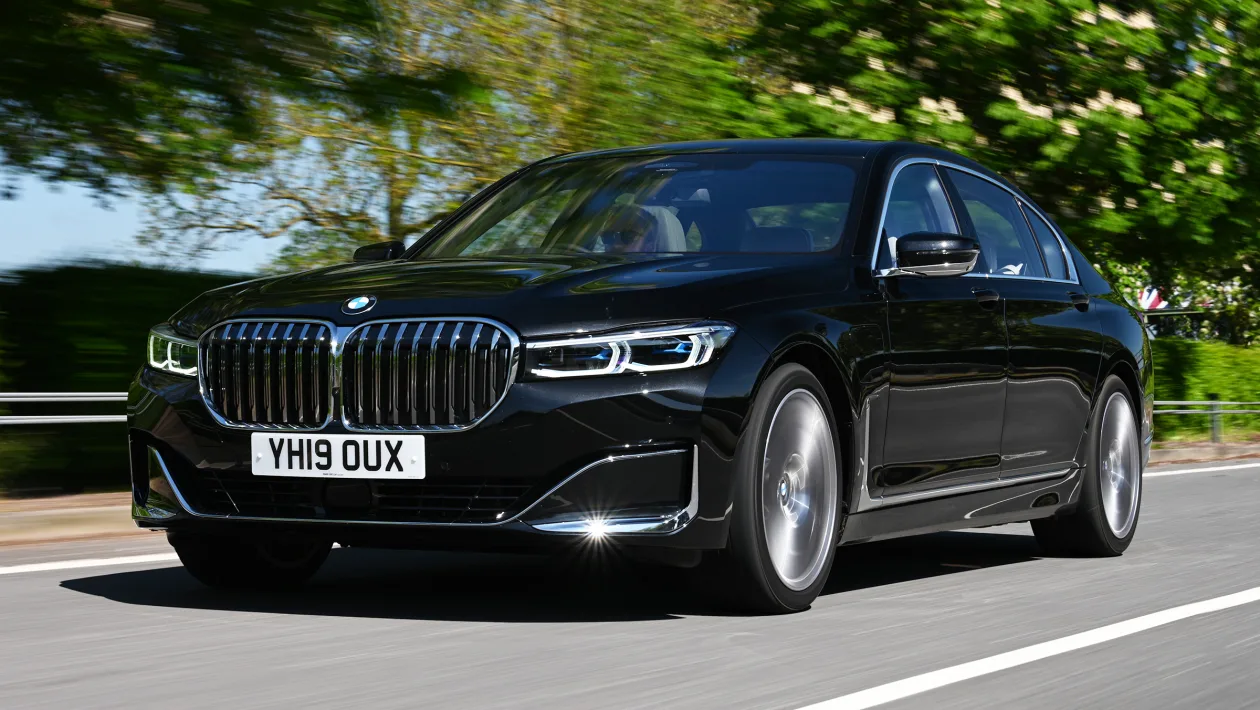
1. BMW 7 Series
The BMW 7 Series may exude luxury and power, but it’s one of the worst offenders when it comes to depreciation. Within just three years, this flagship sedan can lose over 50–60% of its original value, a shocking figure considering its high initial price.
Part of the problem lies in the sheer abundance of used models on the market, combined with the steep cost of ownership. Many buyers are lured in by the latest tech and luxurious features, only to discover that the resale market doesn’t reward those same perks.
Maintenance and repair costs also play a huge role in the 7 Series’ rapid depreciation. These are complex machines filled with high-end electronics, turbocharged engines, and active suspension systems — all of which become liabilities as the vehicle ages.
Once out of warranty, the cost to repair or replace just a few systems can exceed what many buyers are willing to pay. This makes the used market far less attractive, as buyers worry about costly breakdowns and expensive service visits at the dealership.
There’s also a perception issue. While the 7 Series is undoubtedly a technical marvel, it lacks the emotional or collector appeal of classic BMWs like the M3 or M5.
Many luxury buyers prefer to lease rather than own long-term, meaning there’s a constant flood of off-lease models hitting the market, pushing prices further down. In the end, despite its status and engineering prowess, the 7 Series is a prime example of a luxury car that depreciates faster than almost any other in its class.
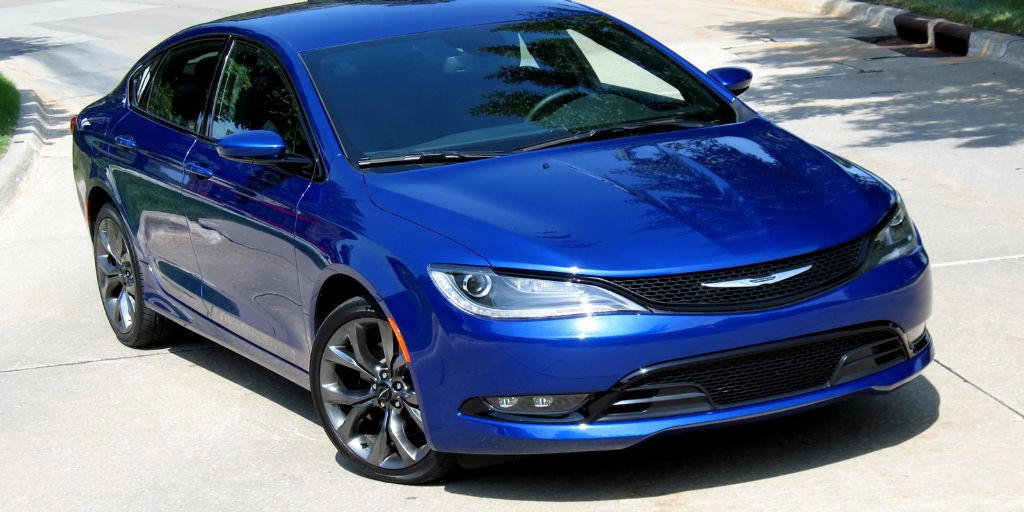
2. Chrysler 200
The Chrysler 200 is a mid-size sedan that was discontinued after the 2017 model year, which directly contributed to its steep depreciation. While it offered a stylish design and a comfortable ride, the 200 struggled with competition from other more popular sedans like the Honda Accord and Toyota Camry. As a result, its resale value plummeted in the years following its discontinuation.
The Chrysler 200’s rapid depreciation can also be attributed to its lower reliability ratings and less-than-impressive performance. Many buyers who were initially interested in the 200 were eventually swayed by the better quality of competing models.
The discontinuation of the 200 further diminished its appeal, as potential buyers were concerned about parts availability and long-term durability.
With the Chrysler 200 no longer in production, the car is a classic example of a vehicle that loses value quickly due to a combination of brand perception, competition, and lack of future support. It’s a car that once had potential but couldn’t retain its value over time.
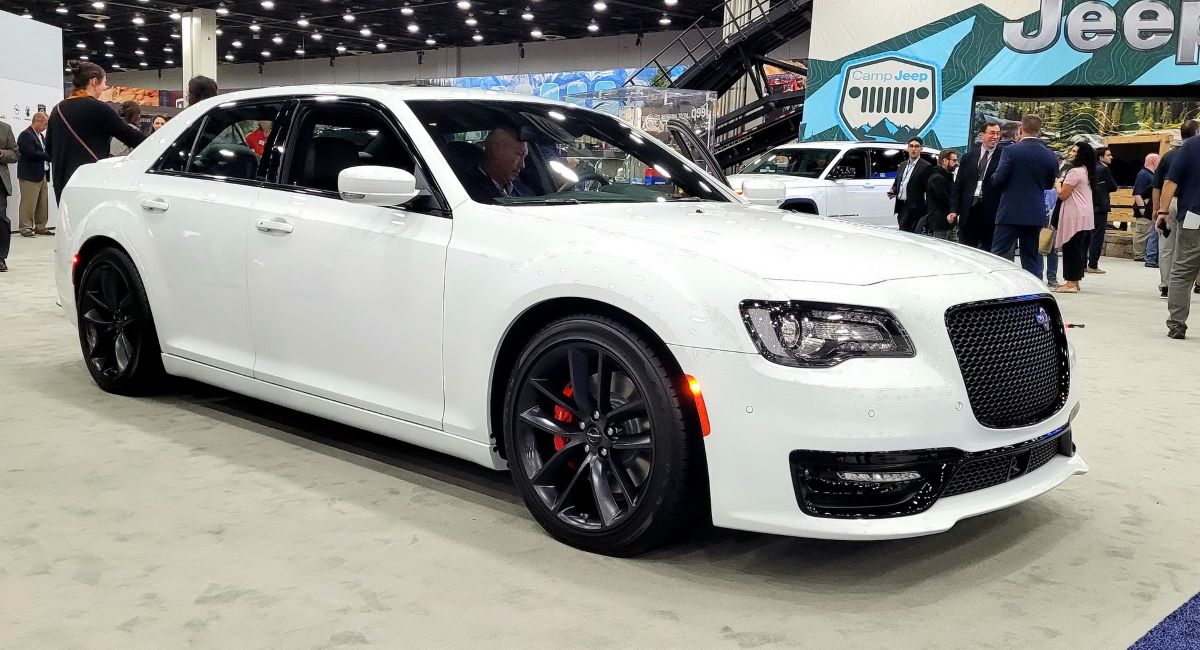
3. Chrysler 300
The Chrysler 300 is a bold, stylish sedan that made waves when it debuted with its aggressive design and available HEMI V8 power. However, time has not been kind to this full-size American sedan, and it now finds itself among the vehicles that depreciate the quickest.
Within five years, a Chrysler 300 can lose well over 50% of its value, largely due to changing consumer preferences and the car’s outdated platform. As buyers move toward crossovers and more efficient sedans, the 300 is increasingly viewed as a relic of the past.
One of the biggest issues plaguing the Chrysler 300 is its aging design. The current generation has been in production with only minor changes since 2011, and while its retro look appeals to some, it feels increasingly outdated when compared to more modern rivals.
The interior tech, driving dynamics, and fuel economy all lag behind the competition, making the vehicle harder to justify for new buyers and even less appealing on the resale market.
Brand perception also plays a role. Chrysler doesn’t have the strongest reputation for long-term reliability, and the 300 has suffered from its fair share of quality concerns over the years. Combined with high insurance costs and declining interest in large sedans, the result is a steep depreciation curve.
The 300 may have a unique presence and powerful engine options, but its lack of innovation and shrinking audience have made it a tough sell on the used market.
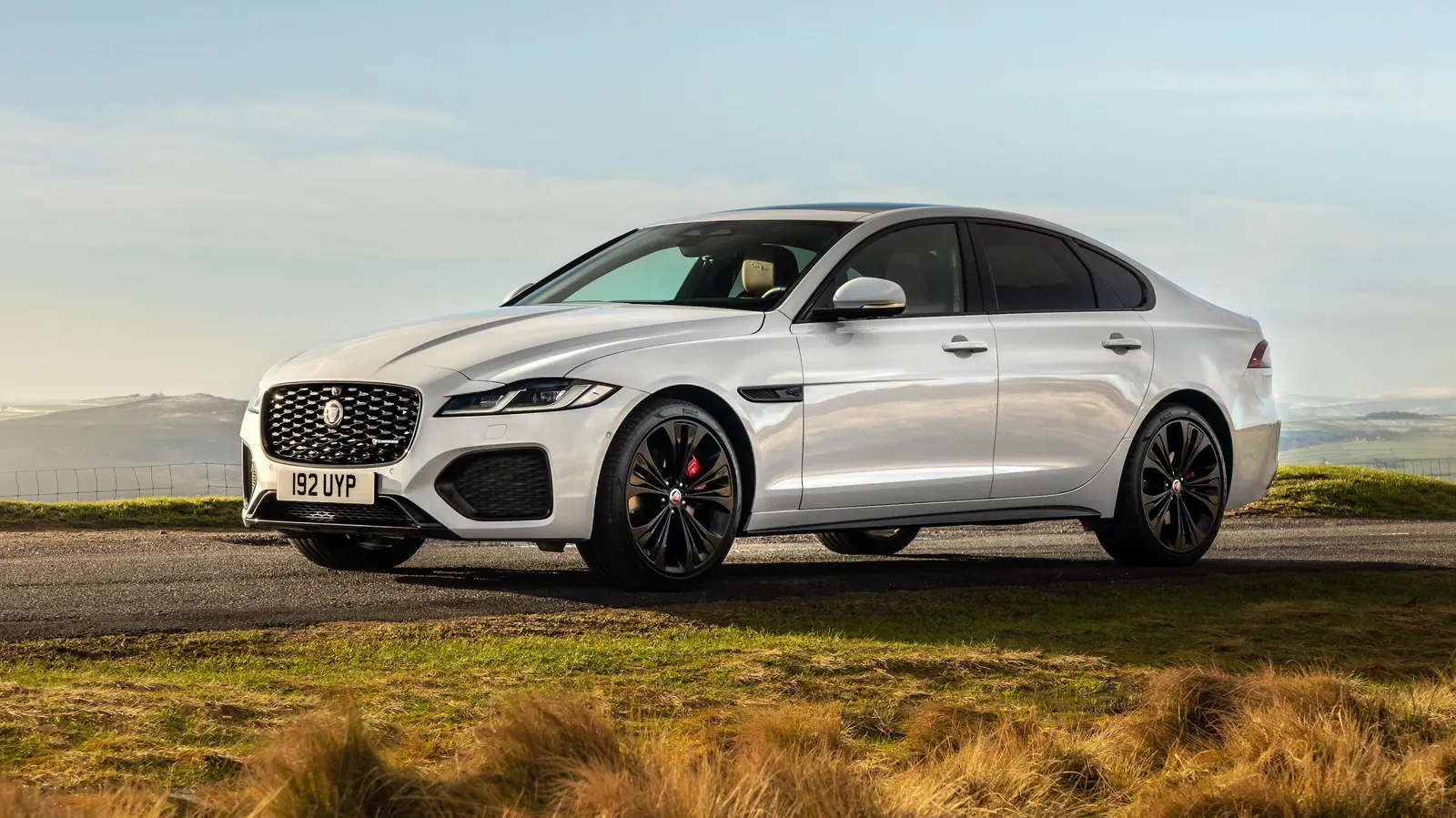
4. Jaguar XF
Jaguar’s XF sedan is sleek, stylish, and luxurious — but when it comes to resale value, it’s one of the worst performers in its class. Luxury cars often depreciate faster than mainstream models, but the XF seems to tumble particularly hard.
After just three years, it’s not uncommon to see values drop by 55–60% or more. Despite its upscale interior and athletic handling, buyers remain wary of long-term ownership due to Jaguar’s reputation for inconsistent reliability and high maintenance costs.
Part of the issue is that Jaguar, as a brand, doesn’t command the same resale respect as BMW, Mercedes-Benz, or Audi. While the XF competes in the same space, it lacks the widespread dealership network and long-term trust that buyers associate with German brands.
This makes the XF a risky proposition for used-car shoppers, who often weigh the availability of parts, service options, and brand durability before making a purchase — areas where Jaguar tends to fall short.
Technology and interior aging also contribute to the XF’s value drop. While its cabin is undeniably elegant, it hasn’t kept pace with tech-forward rivals like the Audi A6 or Mercedes E-Class. The infotainment system in older models, in particular, has been criticized for laggy performance and complicated menus.
When you combine these concerns with rapid depreciation, it’s easy to see why the XF struggles to hold its value. For buyers, it can be an affordable luxury car on the used market, but it’s a painful loss for the original owner.
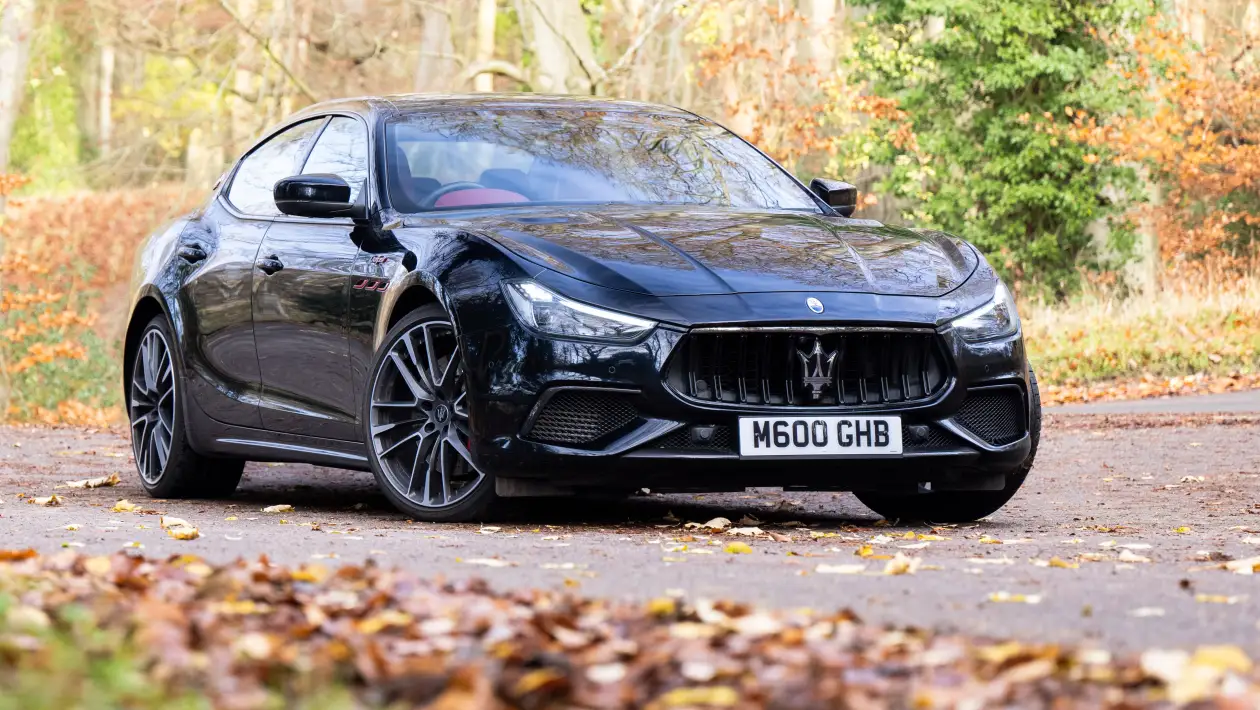
5. Maserati Ghibli
The Maserati Ghibli represents Italian flair and exclusivity, but it also represents one of the fastest depreciating vehicles in the luxury segment. Despite its exotic badge and sports-sedan silhouette, the Ghibli loses a significant chunk of its value within the first few years.
Some models drop over 60% in just 36 months, putting them on par with the worst-depreciating vehicles in the world. It’s a beautiful car, no doubt — but buyers quickly discover that beauty comes at a steep cost when it comes to resale.
The Ghibli’s struggles are rooted in several key areas. First, reliability and quality concerns plague the model, especially in earlier production years. Electrical gremlins, transmission issues, and inconsistent build quality have scared away many would-be buyers.
Second, the cost of ownership is extremely high — from specialized parts to dealer-exclusive servicing, the Ghibli is expensive to maintain. These factors severely impact buyer confidence in the used market, where shoppers are less willing to take on risk.
Another issue is that the Ghibli lacks the performance and refinement to compete with rivals in its price range. While it looks the part, its driving experience doesn’t quite match up to the likes of a BMW M550i or Mercedes-AMG E-Class.
Many critics have called it a style-over-substance purchase, and that reputation has hurt resale values. While it may turn heads at a red light, the Ghibli turns into a tough sell after a few years, depreciating far faster than most owners would like.
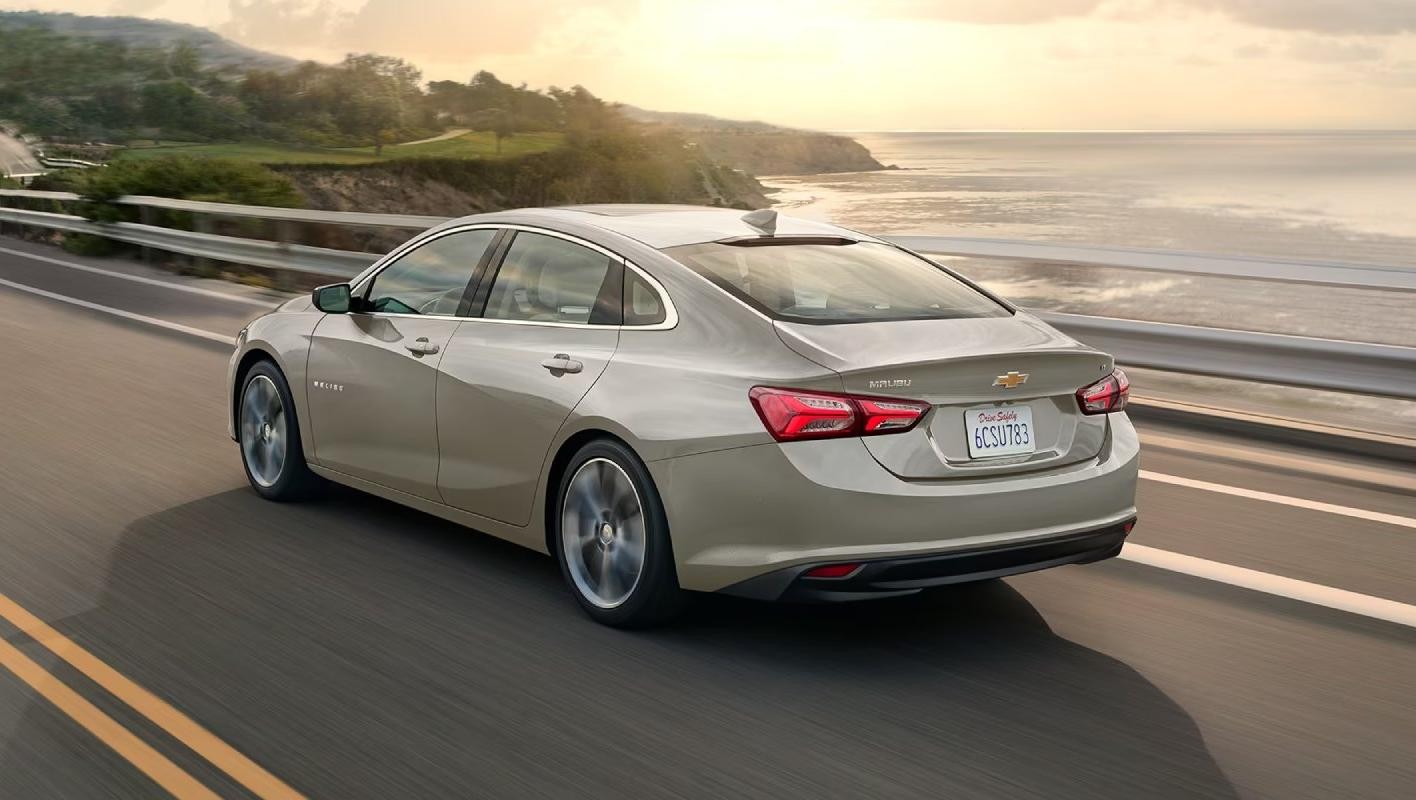
6. Chevrolet Malibu
The Chevy Malibu struggles in today’s competitive sedan market. It offers average performance, average styling, and average reliability—nothing that truly stands out. Because of this, it depreciates faster than many of its rivals.
Fleet sales play a big role here as well. Like the Altima, the Malibu is a frequent choice for rental and corporate fleets, which results in a large number of used models flooding the market. This oversupply makes it harder for private owners to sell at competitive prices.
Another issue is brand perception. While Chevy trucks and SUVs have strong resale reputations, the same can’t be said for their sedans. Buyers looking for a dependable used car often turn to Honda, Toyota, or Subaru first, pushing the Malibu further down the pecking order.
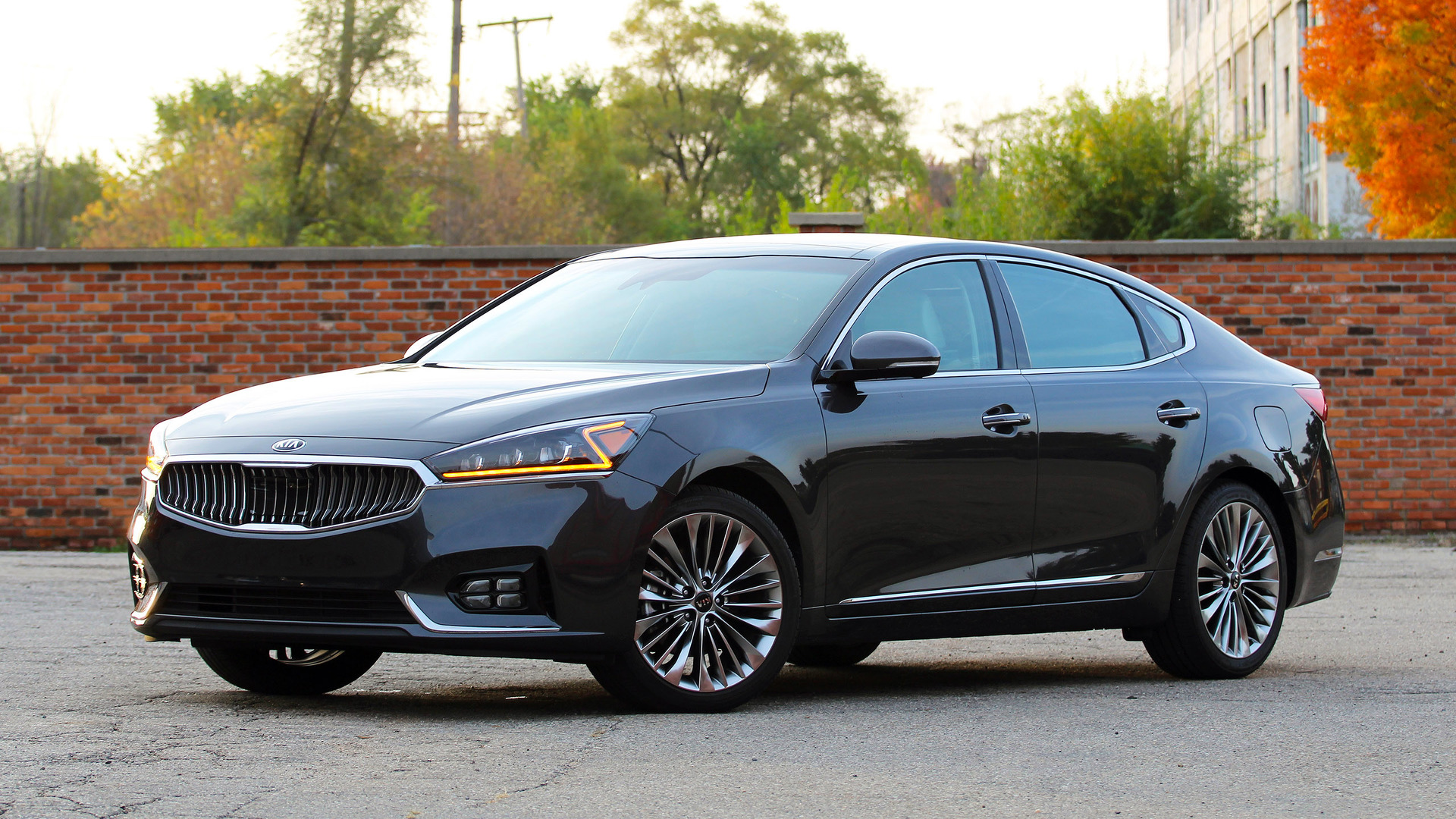
7. Kia Cadenza
The Kia Cadenza is a full-size sedan that offers luxury-like features at a competitive price, but unfortunately, it suffers from poor resale value. Despite its upscale appearance and comfortable ride, it’s not a well-known nameplate, and that hurts its appeal in the used market.
Kia has made major strides in quality and reliability over the years, but brand perception is still catching up. Many used car buyers remain hesitant to invest in a Korean luxury sedan, especially one they may not be familiar with. The result is steep depreciation.
Moreover, the Cadenza was discontinued after the 2020 model year in many markets, which adds to uncertainty about parts and support down the line. Lack of demand and limited awareness mean resale values remain disappointingly low for this otherwise solid vehicle.
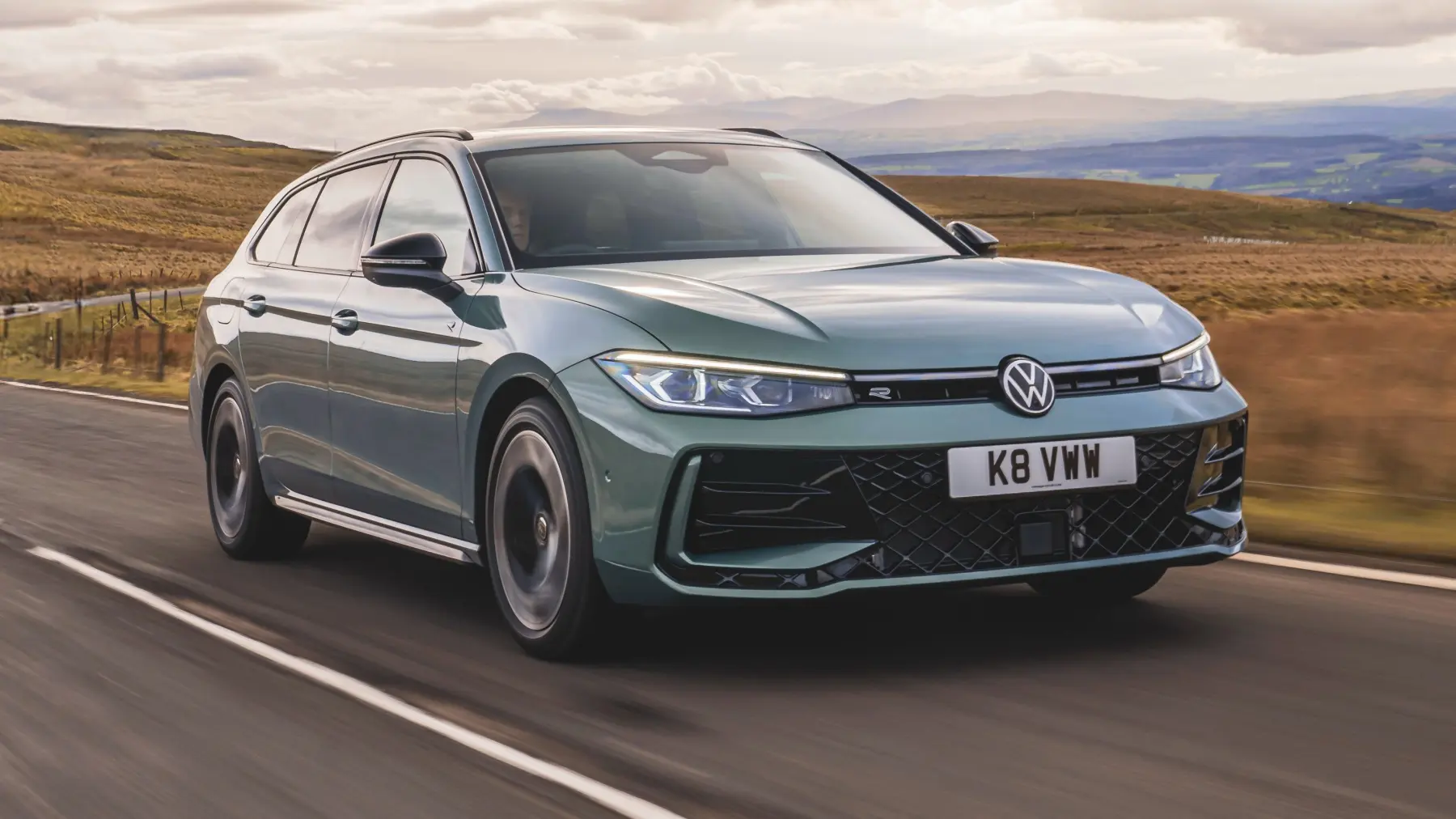
8. Volkswagen Passat
The Volkswagen Passat once had a strong presence in the midsize sedan segment, but in recent years it has lost ground. Despite a comfortable cabin and decent driving dynamics, its resale value has taken a significant hit.
One reason is the perception of high maintenance costs and inconsistent reliability. While some Passat owners report good experiences, others face costly issues, especially as the vehicle ages. This lack of predictability makes many buyers hesitant to purchase used models.
Additionally, the Passat hasn’t seen significant innovation in recent years, and with VW shifting focus toward SUVs and EVs, the sedan has become somewhat of an afterthought. This fading relevance affects how it’s viewed in the used car market, and prices drop accordingly.
Also Read: 10 Best First Cars for New Drivers and 5 to Avoid
When shopping for a car, price tags are just the beginning of the equation. Understanding how vehicles hold or lose their value over time is crucial for anyone hoping to minimize financial loss. Some vehicles, like the Malibu, Lexus ES, Mazda3 Sedan and combine reliability, desirability, and functionality to command strong resale prices year after year.
On the flip side, models like the BMW 7 Series, Kia Cadenza, and Maserati Ghibli lose their luster (and their value) far too quickly, often saddling owners with steep losses when it’s time to sell or trade in.
Whether you’re shopping for new or used, depreciation should be top of mind. It’s not just about how much you pay for a car — it’s about how much of that money you get back when you’re done driving it. By staying informed and choosing wisely, you can avoid the depreciation trap and make a decision that’s as smart as it is satisfying.

